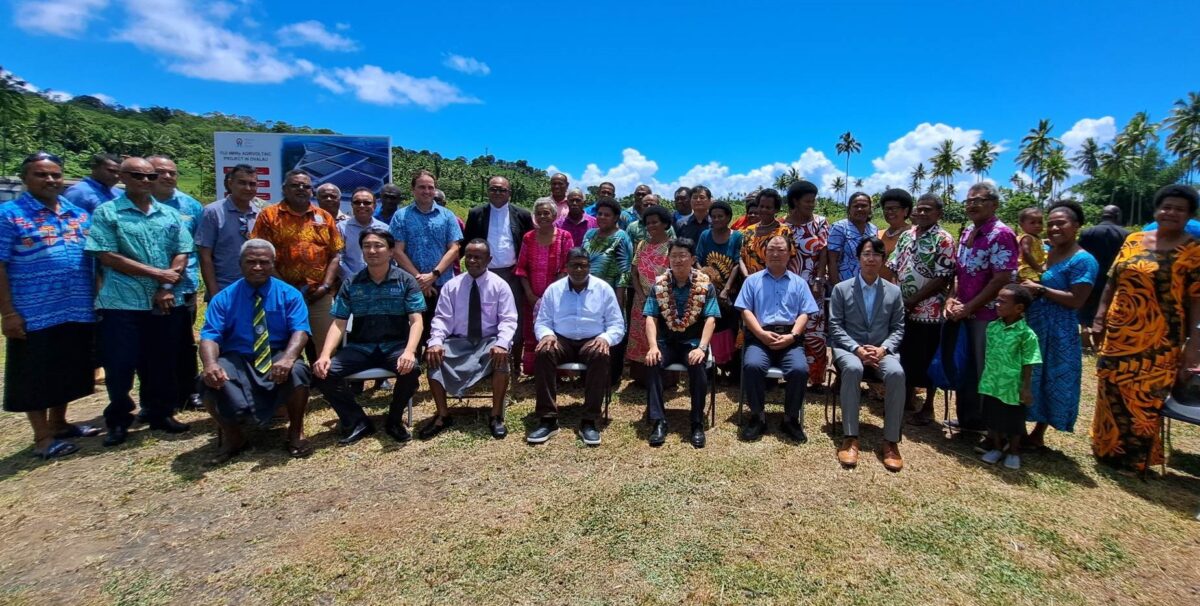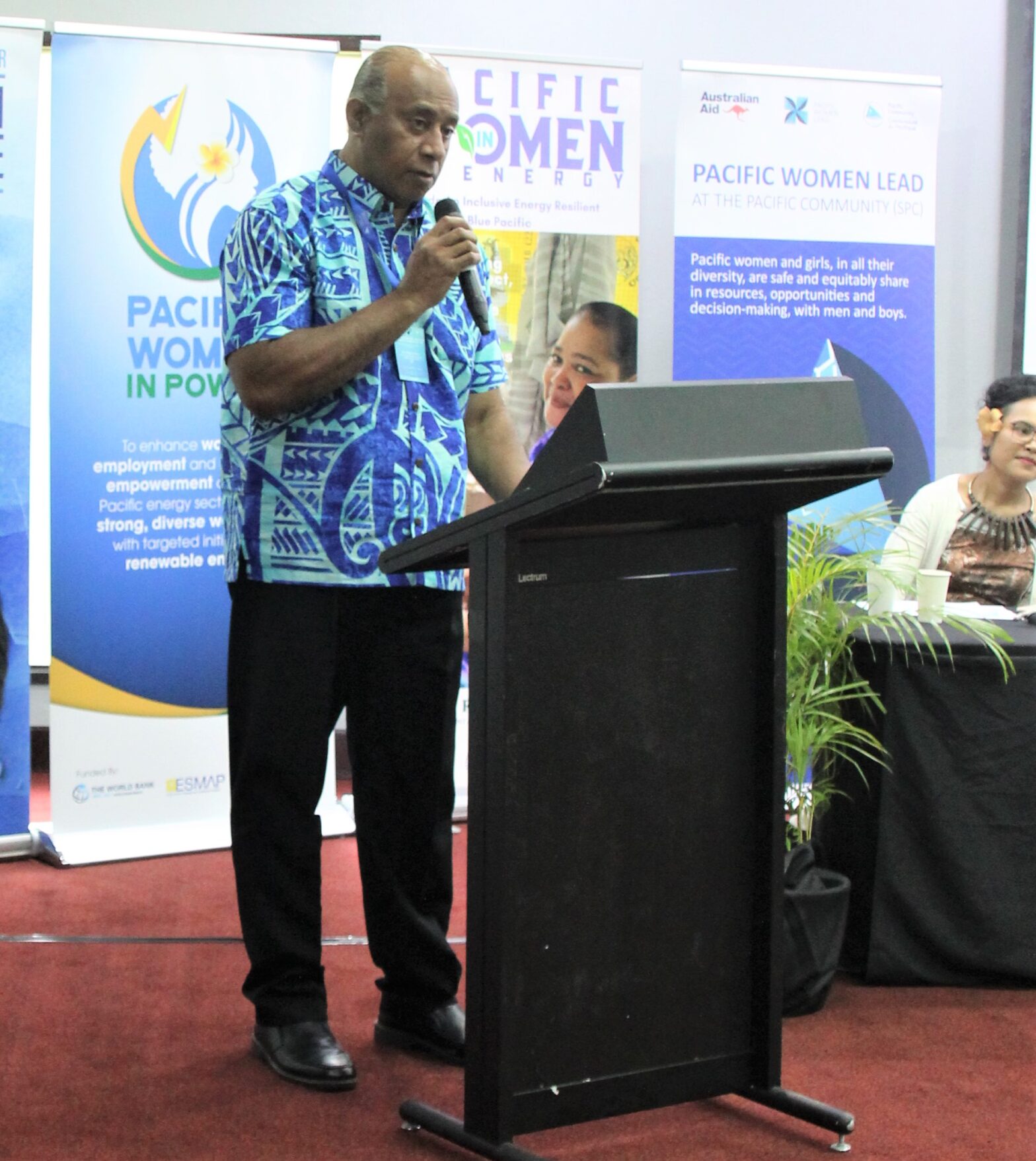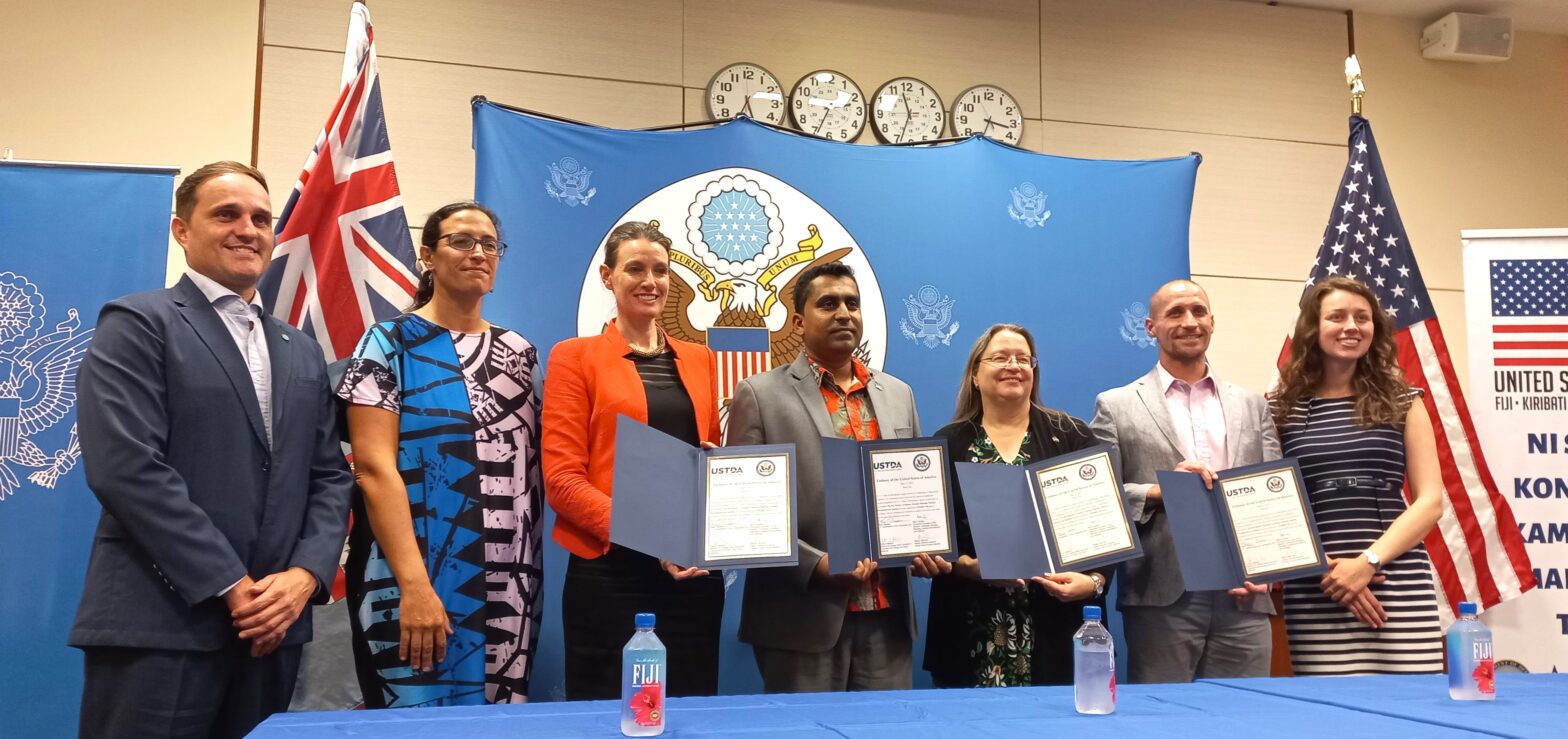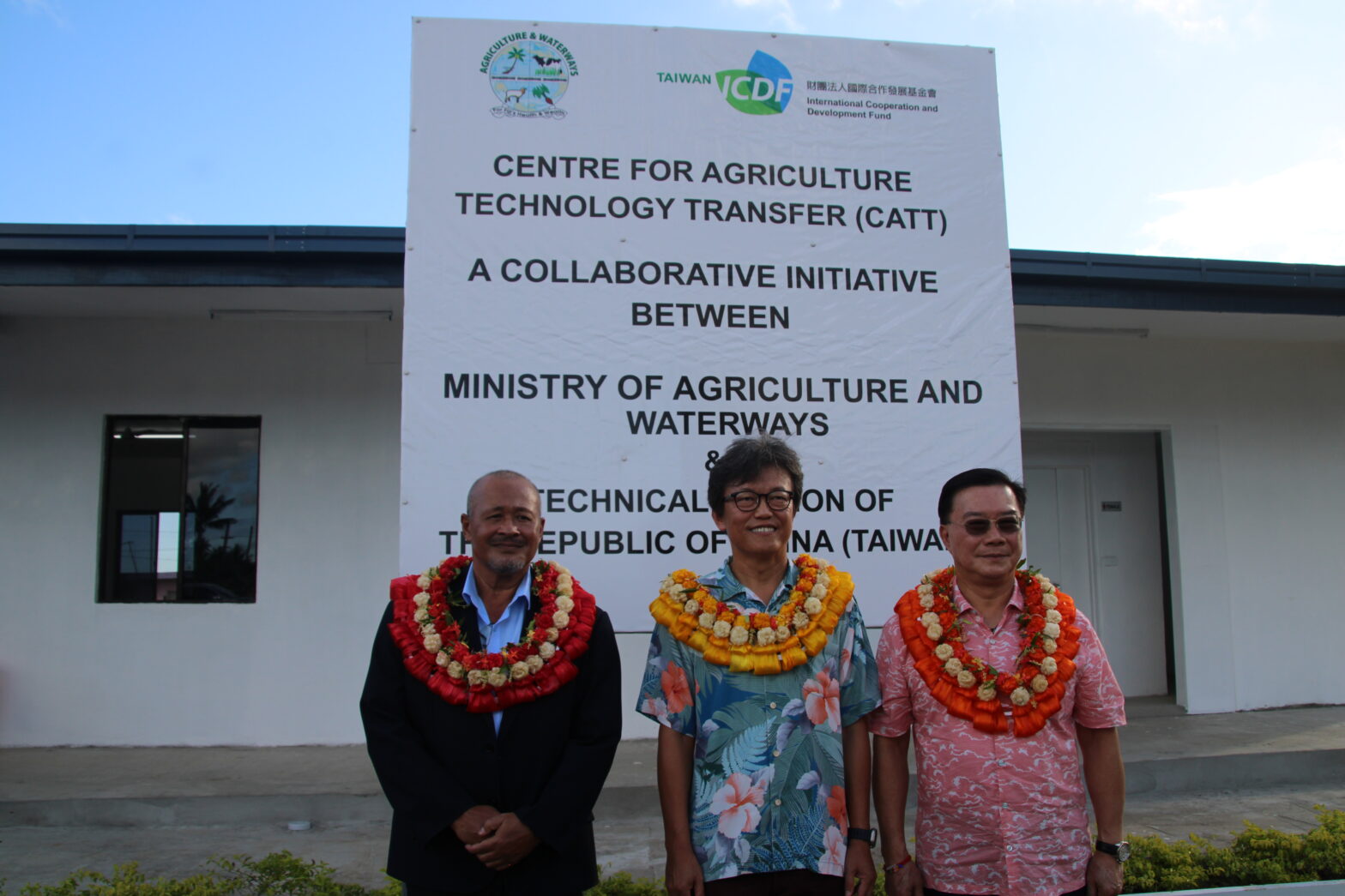Four villages in Bureta, Ovalau island in the central district of the Fiji islands, the site of Fiji’s first ever Agro Photovoltaic project, are counting down to the start of much-needed economic activities in their rural and predominantly subsistence farming area.
Scheduled for construction in February next year, the US$10m project is funded in part by the Korea International Cooperation Agency (KOICA), the Green Climate Fund (GCF) through the Fiji Development Bank, its accredited agency in Fiji and, through Korean social venture company Envelops Co. Ltd, equity input from private investors in Korea.
“The community is excited about the project as it involves learning climate-smart farming techniques,” said Bureta Community Development Committee representative Sereana Qoro.
“Community members will enjoy practical training by experts from Korea. The project comes with a research station and market access facilities for the targeted produce, mainly vegetables, such as tomatoes, lettuce, capsicum, taro, etc. The agriculture component will involve women and youth. Some women are already involved in the farming of various crops,” Qoro said.
Combining solar power production with farming on seven hectares of idle agricultural land, the Ovalau Agro Photovoltaic project (APV) is expected to reduce by half the island’s dependence on diesel-generated electricity as well as ensure consistent vegetable and root crop supply.
Other benefits to the community include gender-sensitive employment opportunities, equitable skills transfer, benefit-sharing from land lease monies,
According to the Ministry of Agriculture, which will play a supportive role in research, capacity building and training, the dedicated climate-centric agriculture research station near the project site will include processing sheds, garage, cool storage, a 3-tonne truck and a tractor with implements.
“The APV project is expected to yield over 100,000 kilograms of crops in a year – feeding, employing and earning an income for Fijians living in Bureta and across the island’s 27 communities,” said Minister for Agriculture, Waterways and Environment Dr Mahendra Reddy.
It will also make Ovalau 50 percent renewable energy efficient, according to project developer Envelops Co. Ltd.
“Annually, electricity consumption on Ovalau is around 10,000mwh. Our project can be placed at around 5,000mwh, which is 50 percent. All of it will be fed the grid,” said Envelops CEO, Mr Yoon Sung.
Envelops is in the final stages of negotiations with national power utility Energy Fiji Ltd (EFL) on tariff.
“The cost to EFL from the diesel generation is really really high and our tariff that we will be supplying to the grid is a lot lower. So EFL is getting a lot of benefits as there is less motivation to increase their tariff in the Ovalau region,” Yoon said.
“Also, if you consider that these diesel generators are located in the middle of Levuka town, which is a UNESCO Heritage site and should be peaceful and beautiful. Instead, you have these generators operating 24 hours, 365 days, day and night. In the hotels, you can hear the noise every single day, so many tourists complained and the government tried to relocate the generators but no one would accept them within their premises or community. So I think this APV project is a win/win situation for EFL, the community and the Fiji Government.”
The Ovalau project will be a first but not last.
“We are planning to do four more projects nationwide in Fiji after this (Ovalau) project. So, two projects in Viti Levu, one in Vanua Levu and another additional one in Ovalau to take its renewable energy to almost 100 percent,” said Mr Yoon.
KOICA’s grant contributed a sum of US$4 million to purchase the 5 megawatt hour Battery Energy Storage System (BESS) for the solar photovoltaic component of the project and the other US$4 million is provided as KOICA development assistance project for the Ministry of Agriculture.
Although a relatively new method, APV projects have become increasingly popular and commercialised in countries like Korea, Japan, France and Germany, where pilot studies have been made, proving its viability, cost-effectiveness and benefits to crop yield and quality.
This story was produced with the support of Internews’s Earth Journalism Network.




